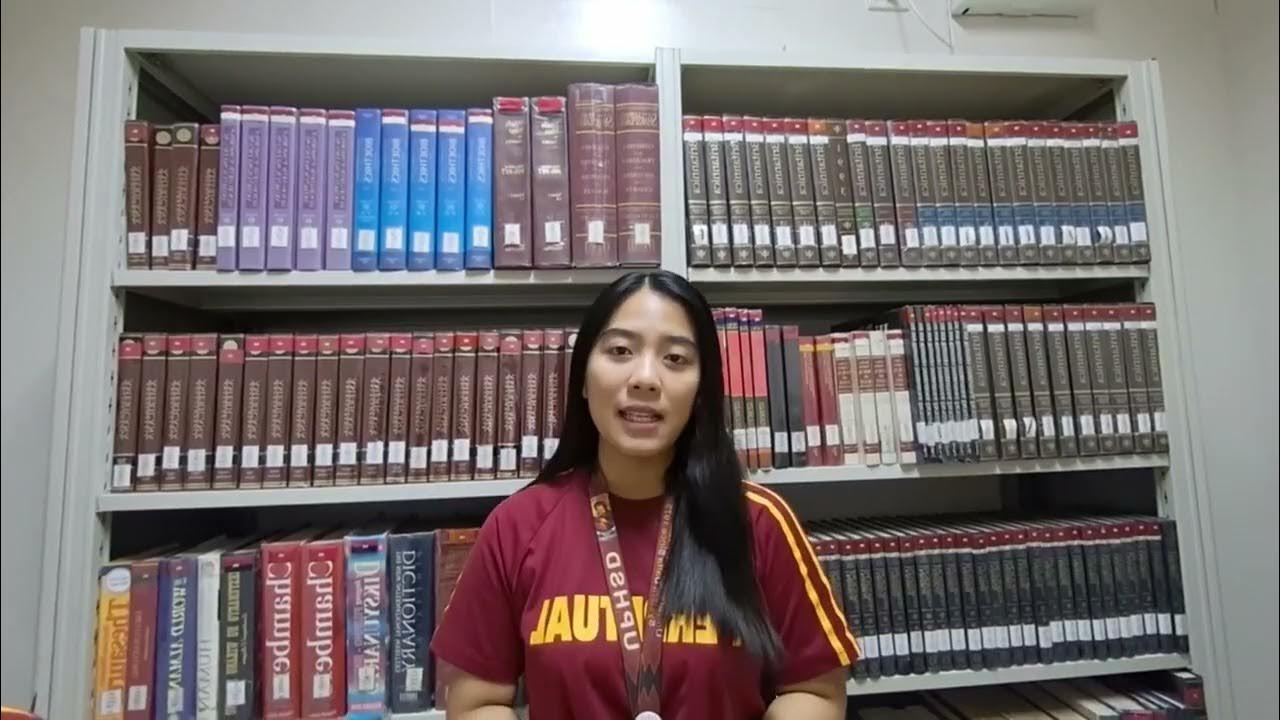Can we live without plastic? ⏲️ 6 Minute English
Summary
TLDRThe BBC's 'Six Minute English' discusses the widespread use and environmental impact of plastics. Introduced in the 1950s, plastics have become ubiquitous, yet their non-biodegradable nature and contribution to pollution, including in oceans and human bodies, raises concerns. The program explores the need to reduce plastic production, especially single-use items, and highlights the potential of plastic-eating microbes like Rhodococcus ruber in mitigating waste. It also delves into the synthetic nature of plastics, their inability to biodegrade, and the rarity of organisms that can process them, emphasizing the need for sustainable alternatives.
Takeaways
- 😀 'Plastic is fantastic' was a popular phrase in the 1950s, highlighting the rise of mass-produced plastic items in everyday life.
- 📦 Plastic became the most commonly used material in modern life, found in a wide range of products from cars to furniture to packaging.
- 🔍 The prevalence of plastic is now being questioned due to its environmental impact, particularly from single-use plastics which contribute significantly to pollution.
- 🌊 11 million tonnes of plastic waste are dumped into oceans annually, with single-use plastics making up 40% of global plastic pollution.
- 🔬 Microbeads, tiny plastic particles, have been found inside the human body and can even be transferred from mother to child through breast milk.
- ⚙️ The production of plastic from fossil fuels creates environmental issues at every stage, including burning coal, transportation, and recycling.
- 🤔 The programme poses the question of whether it's time to live without plastic, suggesting a need for reevaluation of our reliance on it.
- 🔬 Dr. Sherri Mason's research into microplastics has contributed to the understanding of plastic pollution and led to policy changes, such as the US Congress banning microbeads.
- 🌱 Plastic, being synthetic, does not biodegrade as natural materials do, leading to long-lasting environmental waste that is unsightly and harmful.
- 🔬 Scientists are exploring the use of plastic-eating microbes, such as Rhodococcus ruber, to break down plastic into its basic components as a potential solution.
- 🛑 There is a call for reduced plastic production, especially in packaging and single-use products, to help preserve natural resources rather than just focusing on recycling.
Q & A
What phrase was popular in the 1950s to describe plastic?
-The phrase 'Plastic is fantastic' was popular in the 1950s.
Why was plastic initially popular?
-Plastic became popular due to its flexibility and ability to be formed into different shapes, which made it useful for various applications including keeping food fresh and holding liquids.
What is the main concern regarding plastic today?
-The main concern today is the environmental impact of plastic, particularly single-use plastics, which contribute to pollution and climate change.
How much plastic waste is dumped into oceans annually?
-11 million tonnes of plastic waste are dumped into oceans every year.
What percentage of plastic pollution globally is attributed to single-use plastics?
-Single-use plastics make up 40% of all plastic pollution globally.
What are microbeads and how are they related to plastic pollution?
-Microbeads are tiny plastic particles found in products like toothpastes and body scrubs. They can enter and pollute rivers, seas, and even the human body.
What is the problem with plastic in nature according to Dr. Sherri Mason?
-Plastic is synthetic and nature doesn't know what to do with it. Unlike natural materials, it doesn't biodegrade because there are few organisms that can use it as a food source, especially in aquatic systems.
What is the significance of the plastic-eating microbe Rhodococcus ruber?
-Rhodococcus ruber is a plastic-eating microbe that has been tested by scientists and seems capable of breaking down plastic into its basic components, potentially helping to address plastic waste.
What is the original purpose of plastic mentioned in the script?
-The original purpose of plastic was to help preserve, not pollute, our natural resources.
What was the first object made of natural materials to be replaced by plastic?
-The first object to be replaced by plastic was snooker balls, with the first plastic-moulding machine used in 1872 for their production.
What does the term 'biodegrade' mean in the context of the script?
-To biodegrade, in the context of the script, means to decay naturally in a way that is not harmful to the environment.
What does the phrase 'few and far between' imply?
-The phrase 'few and far between' implies that something is very rare or does not happen often.
What does the adjective 'synthetic' describe in the script?
-The adjective 'synthetic' describes a non-natural material made by combining chemicals, as opposed to existing naturally.
What does the script suggest as a solution to the plastic problem?
-The script suggests reducing plastic production, especially of packaging and single-use products, rather than just recycling, as a solution to the plastic problem.
Outlines

Esta sección está disponible solo para usuarios con suscripción. Por favor, mejora tu plan para acceder a esta parte.
Mejorar ahoraMindmap

Esta sección está disponible solo para usuarios con suscripción. Por favor, mejora tu plan para acceder a esta parte.
Mejorar ahoraKeywords

Esta sección está disponible solo para usuarios con suscripción. Por favor, mejora tu plan para acceder a esta parte.
Mejorar ahoraHighlights

Esta sección está disponible solo para usuarios con suscripción. Por favor, mejora tu plan para acceder a esta parte.
Mejorar ahoraTranscripts

Esta sección está disponible solo para usuarios con suscripción. Por favor, mejora tu plan para acceder a esta parte.
Mejorar ahoraVer Más Videos Relacionados

Eating for two ⏲️ 6 Minute English

ASEAN Youth Video Speech Challenge - Athea Ordis

Dancing for the brain ⏲️ 6 Minute English

Eterna plastica - PresaDiretta 13/03/2023

Compostable flexible packaging by TIPA - it's possible to create a resource out of plastic!

There’s MICROPLASTICS in your FRUIT and VEGETABLES !!!
5.0 / 5 (0 votes)
